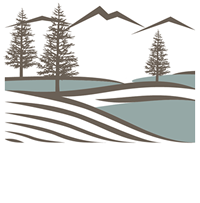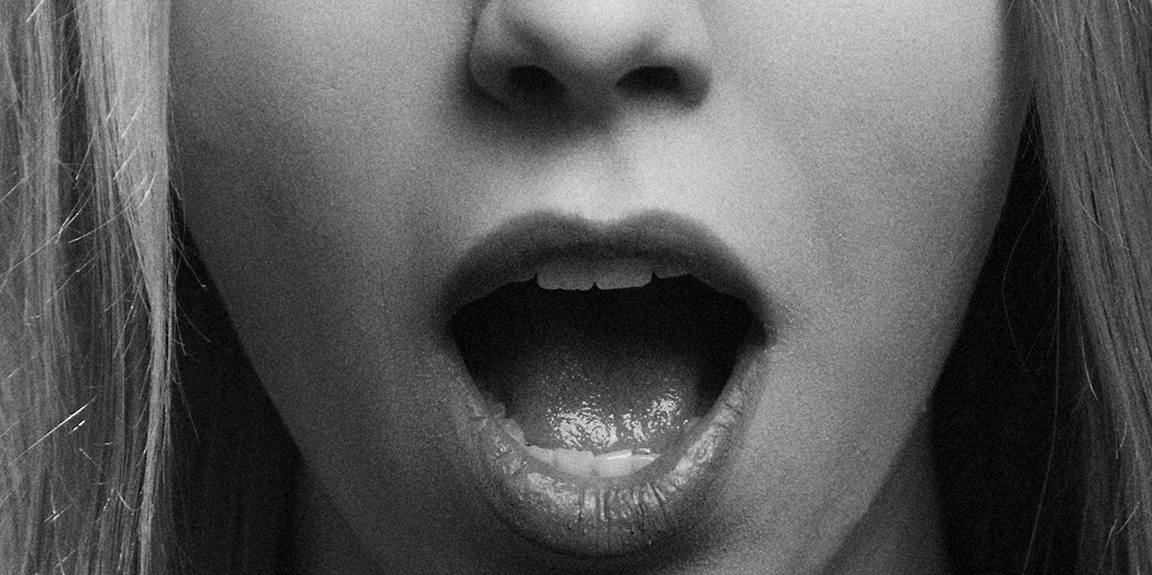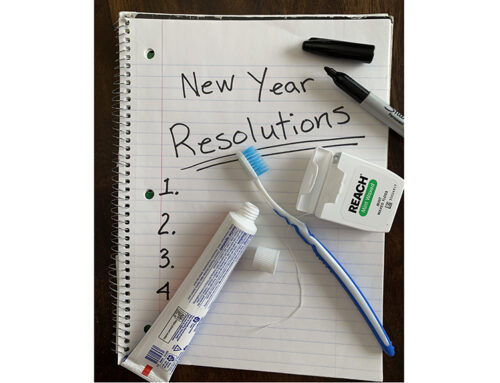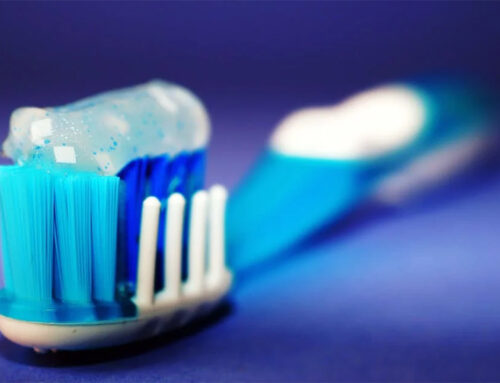Oral problems are no fun, and it’s well known that some problems can lead to others. Dry mouth, or xerostomia, is one of those issues, and this condition occurs when you don’t make enough saliva to keep your mouth healthy. After all, saliva serves the purpose of helping you process your food, and it also cleans your teeth of bacteria and other debris. When you don’t make enough saliva, it’s likely due to some other health condition that you may have, or even a medication side effect. It usually doesn’t occur by itself with no other cause. Many health issues can lead to dry mouth, or it can occur more commonly with age. Cancer treatment can also lead to this uncomfortable condition.
What Symptoms Can Dry Mouth Cause?
The most noticeable symptom of dry mouth is having a hard time swallowing, which is uncomfortable, as this can also lead to difficulty with eating and speaking. This symptom can even lead to a sore throat due to the lack of fluids. Dry mouth also leads to dental issues, such as an increase in tooth decay. The lack of saliva allows bacteria and acids to linger on your teeth for longer. Dry mouth can also make the wearing of dentures uncomfortable, and can even lead to halitosis, or bad breath. These are very uncomfortable dental problems that are difficult and often unsafe to ignore. Gum disease can also progress more quickly in those with dry mouth or appear when it was previously not an issue.
What Can I Do to Help Dry Mouth?
Talk to your dentist if you suspect that you’re dealing with dry mouth, and be sure to keep up on your twice-yearly exams to avoid any further oral issues. Your dentist may be able to suggest the right toothpastes and mouthwashes to use when you have dry mouth. In general, mouthwashes that contain xylitol are good for dry mouth, as they can help prevent tooth decay. Avoid using mouthwash that contains alcohol, which can dry your mouth out further. In fact, it’s a good idea to avoid alcohol altogether, and possibly caffeine. Also, avoid smoking if you have this condition. If you suspect any health problems or medications are causing your dry mouth, talk to your doctor and/or dentist.
Some prescription toothpastes may be good for dry mouth and for preventing tooth decay. You can ask your dentist about such toothpastes as they may help. Fluoride rinses before bed may also help, and your dentist may provide a fluoride applicator that can make this process much easier. Chewing gum that contains no sugar and sipping water are other good self-treatments for dry mouth, as they tend to stimulate your salivary glands. It’s also a good idea to avoid consuming a lot of sugar as this can lead to more tooth decay. Be sure to practice breathing through your nose rather than through your mouth. Adding a humidifier to your bedroom can also help you to avoid drying out.
If You Have Concerns
Don’t hesitate to contact us at Seven Lakes Dental if you live in the Smokey Point or Marysville, WA areas! We are dedicated to your comfort inside and outside of our office. We’ll help you manage dry mouth and prevent all of the other problems it can bring.








